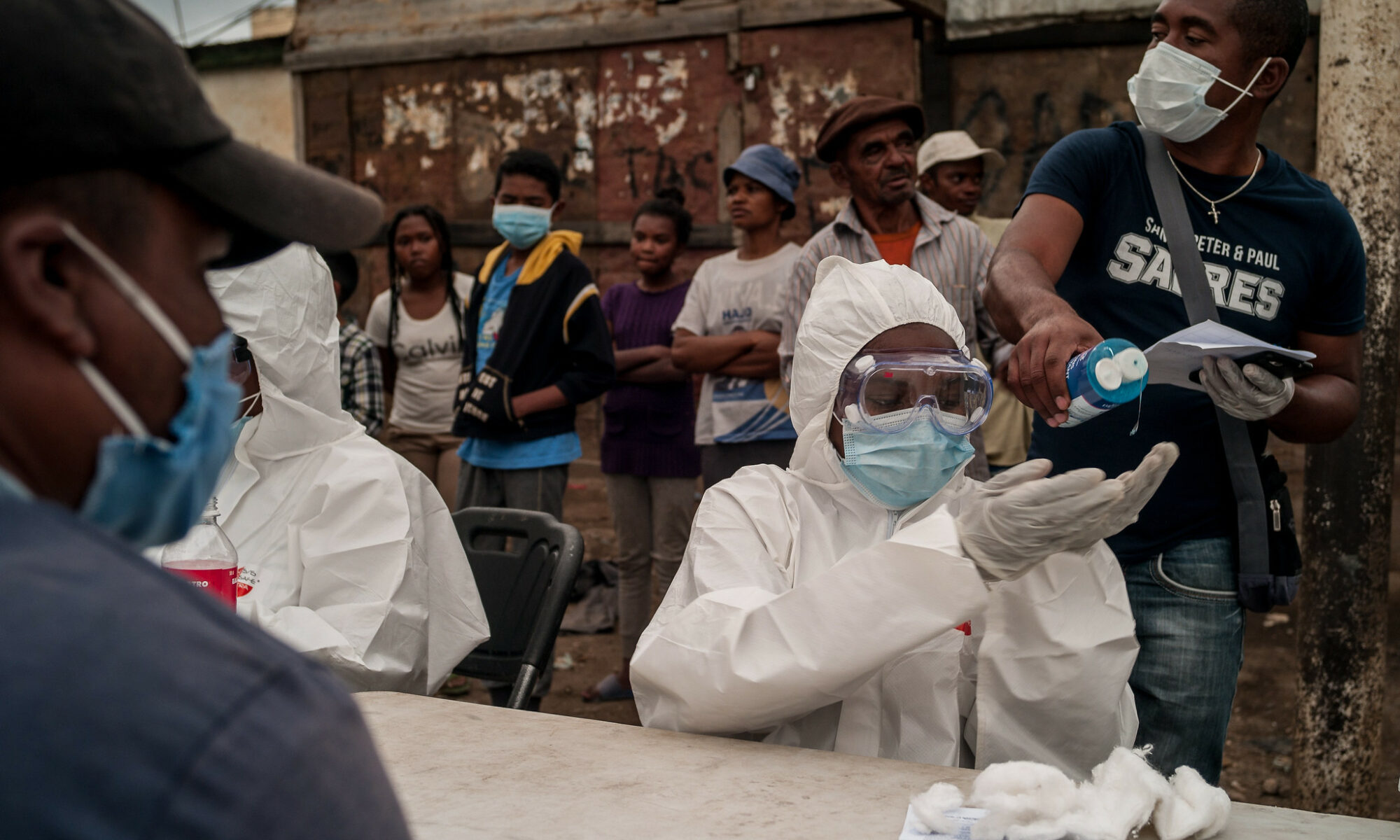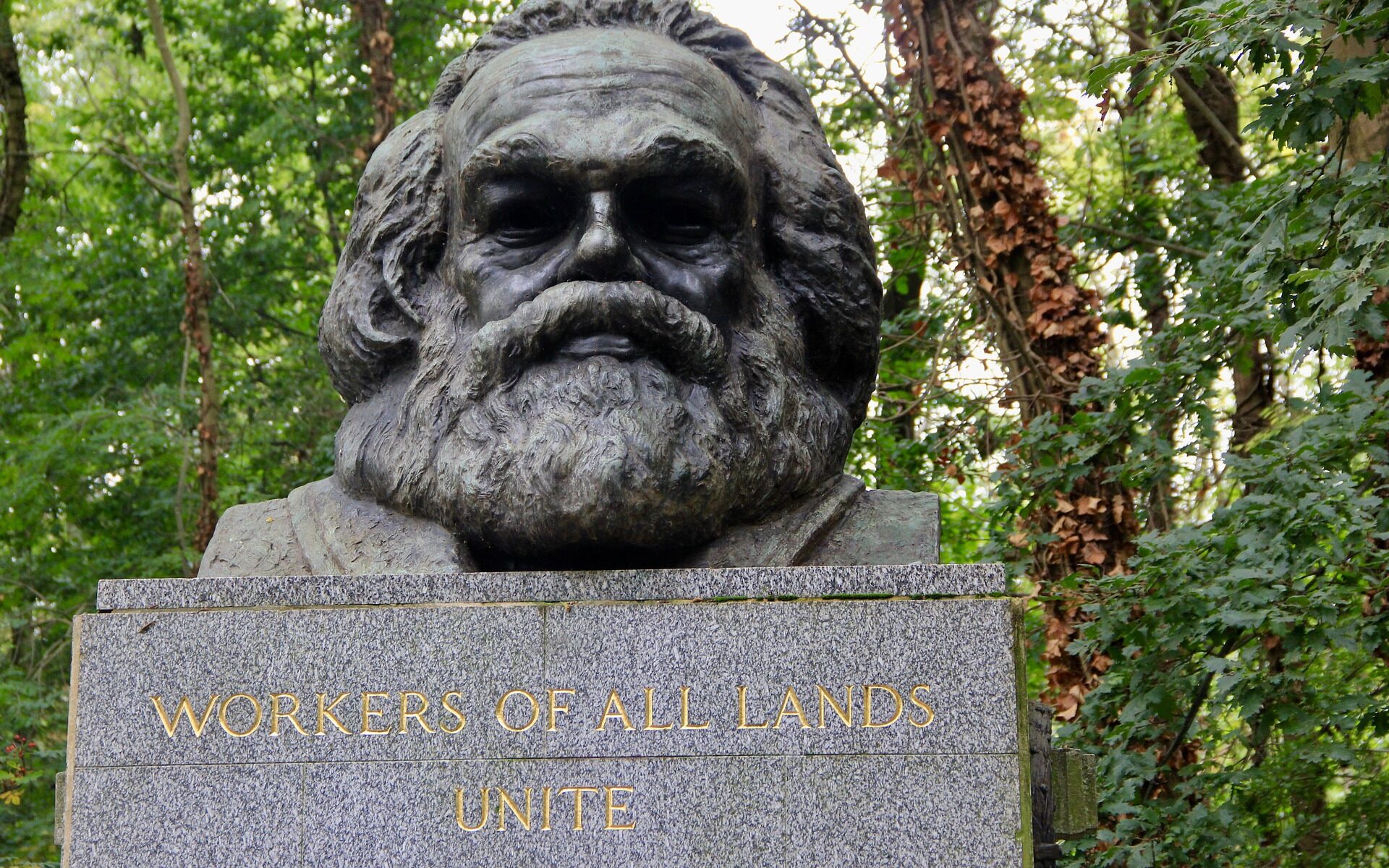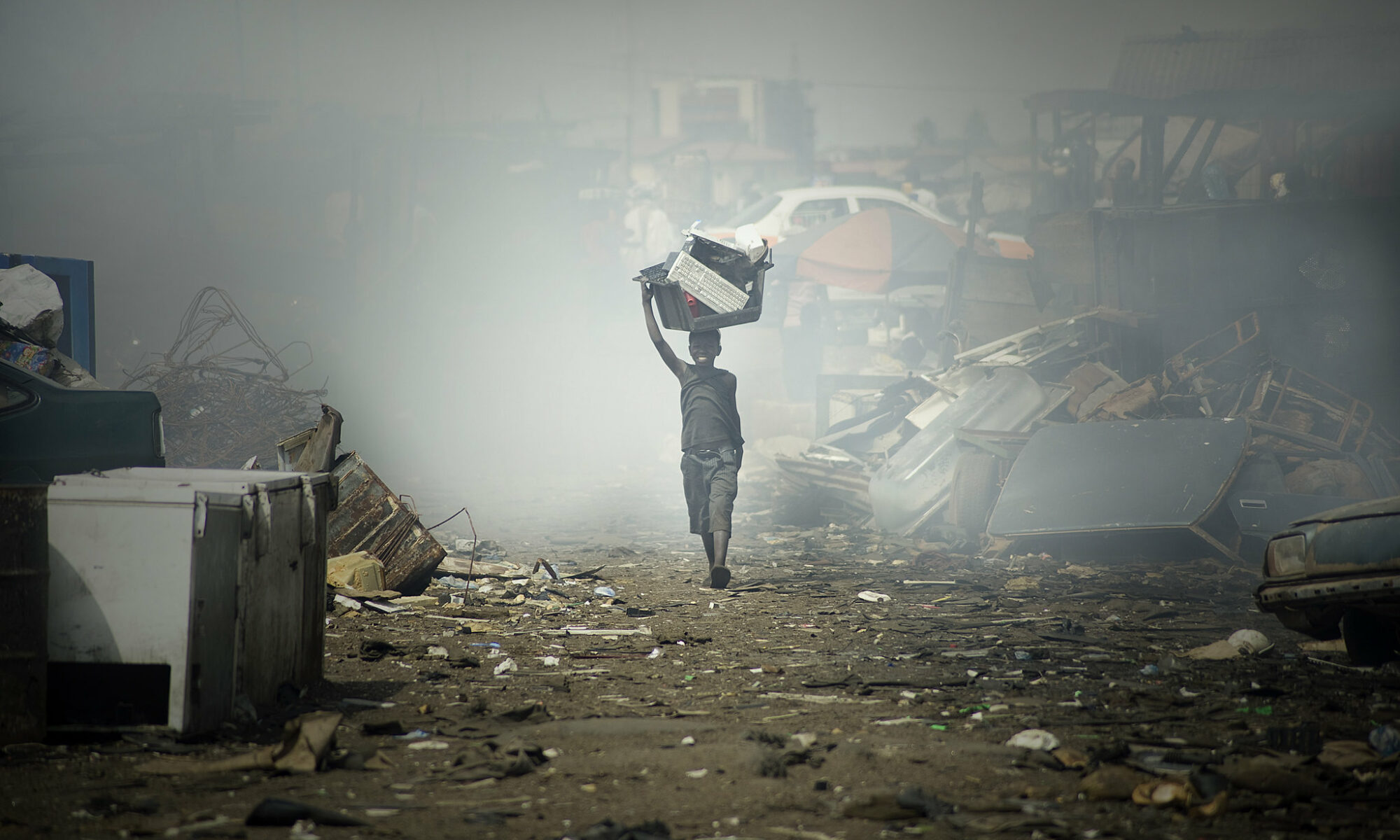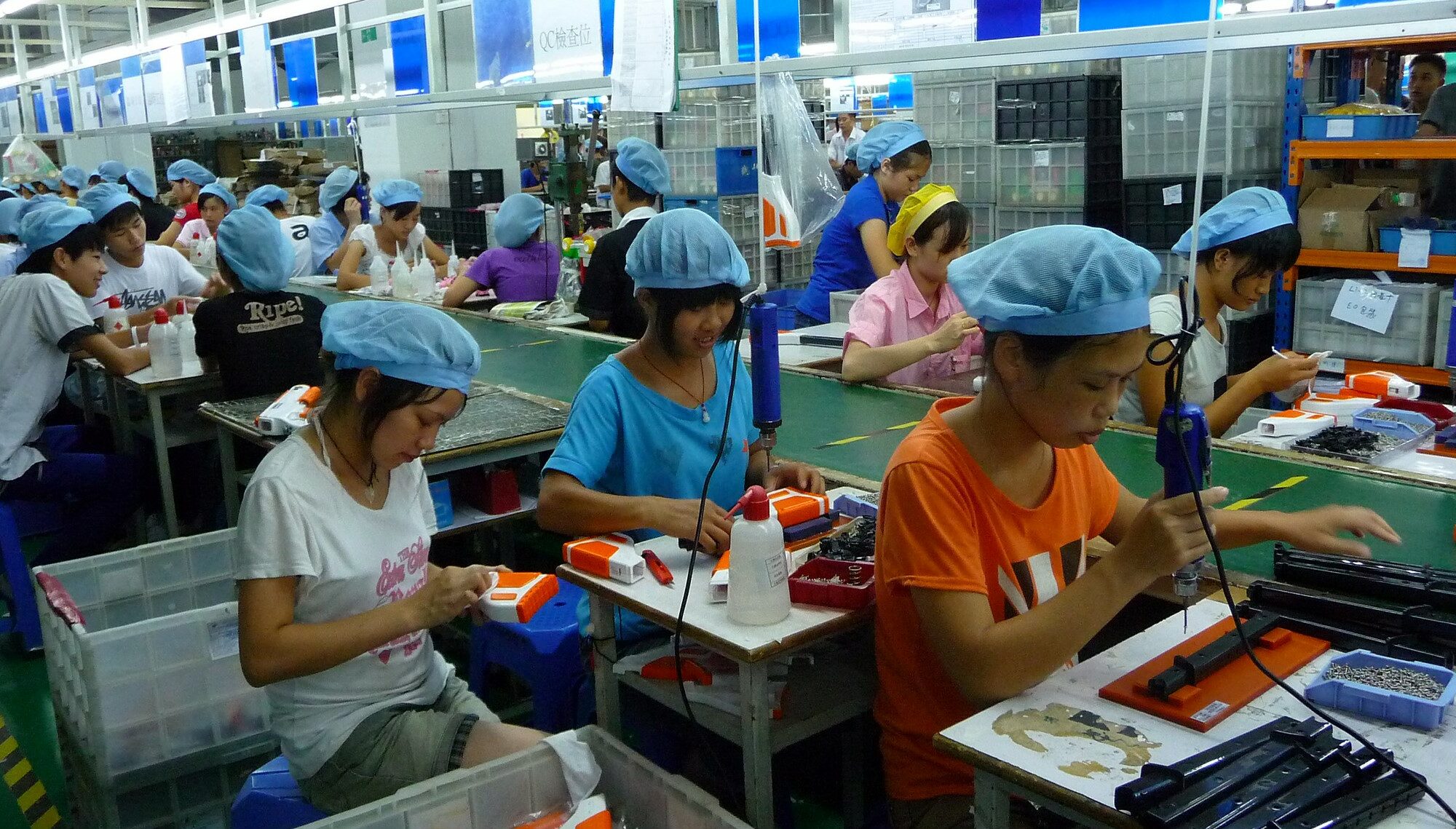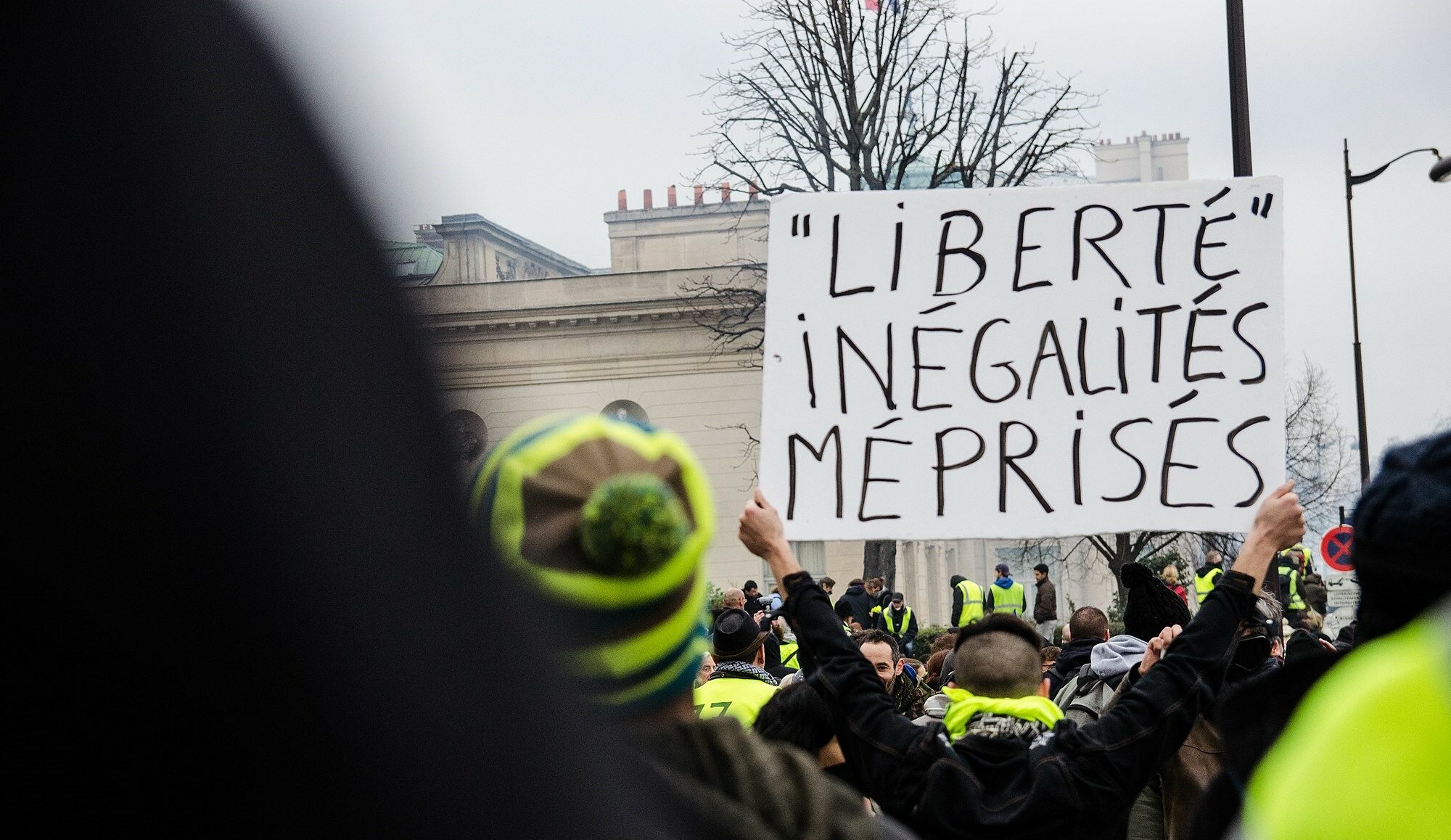By Adam Moe Fejerskov
From pandemics to climate change to ever-growing humanitarian needs, humanity is making limited progress in tackling the structural causes of contemporary global crises. The result is a future of growing unknowns. Here, politics become increasingly experimental, as we struggle with unprecedented challenges and changes, leaving the fate of both planet and people to unproven technologies and uncertain policies. In a new book, The Global Lab, I explore the question of a future of experimental politics that too often becomes one of both inequality and exclusion for vulnerable groups across the world.
Continue reading “The global lab: political and technological experiments in the Global South”
